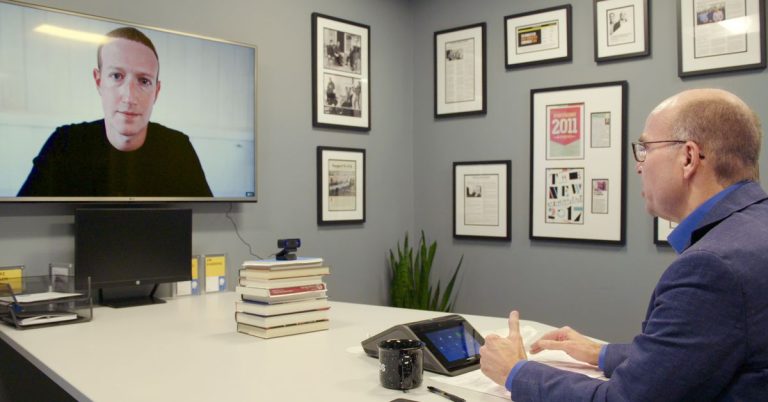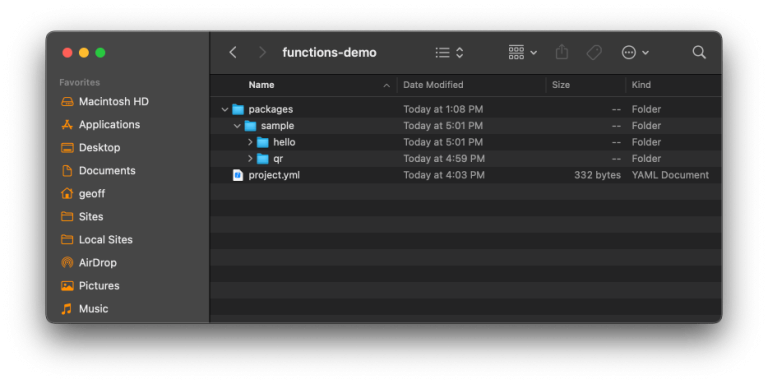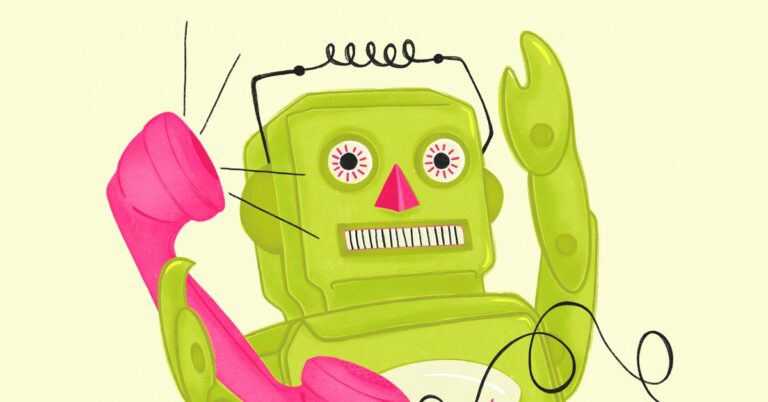
Hawkfish, the data and tech firm started by Mike Bloomberg and backed with tens of millions of dollars from the billionaire, is shutting down.
It’s the latest retrenchment from major Democratic donors in the aftermath of the 2020 election. Bloomberg and other wealthy mega-donors had dedicated their fortunes in the Trump era to helping the party modernize its digital apparatus and data modeling. But despite initially speaking of long-term visions of a revitalization, donors are scaling back some of their ambitions now that Trump is out of office.
Hawkfish told staff on Friday that it would be closing shop in May.
“After the election, Hawkfish’s leadership team and stakeholders started exploring potential avenues for the company’s future and concluded that Hawkfish would not continue in its current constitution,” Hawkfish’s CEO, Josh Mendelsohn, told employees in an email. “The decision to wind down Hawkfish’s operations was not made lightly or without considering other courses of action.”
Led by Silicon Valley players like former Facebook chief marketing officer Gary Briggs, Hawkfish was initially a key part of Bloomberg’s own presidential campaign. After the former mayor’s run flamed out, the firm tried to recruit other Democratic clients. Hawkfish struggled to land some marquee deals — most prominently, one with the Biden campaign — although it did establish contracts with the Democratic National Committee and American Bridge, a major super PAC. Bloomberg put $35 million into the operation that lasted through November.
Once the election was over, Hawkfish arrived at an understandable pivot point, needing to determine whether it made sense for it to persist in the post-Trump era.
Hawkfish’s decision follows a similar move at Alloy, a Democratic data firm backed with tens of millions from Silicon Valley donors like Reid Hoffman. Alloy made the decision to close its operations late last year after finding that it too faced an uncertain future, a conclusion accelerated by internal staff turmoil.
To some Democrats, the decisions by the billionaire-funded outside groups to shutter speaks to how the Democratic Party establishment itself has evolved. The Democratic National Committee’s data operations are much more highly regarded than during the 2016 election, when Hillary Clinton referred to the party’s intel as “poor” — an assessment that also explained why so many major Democratic donors during the Trump era set out to solve the problem in the first place. Now Democrats are placing a bet that the party establishment itself can solve it.






